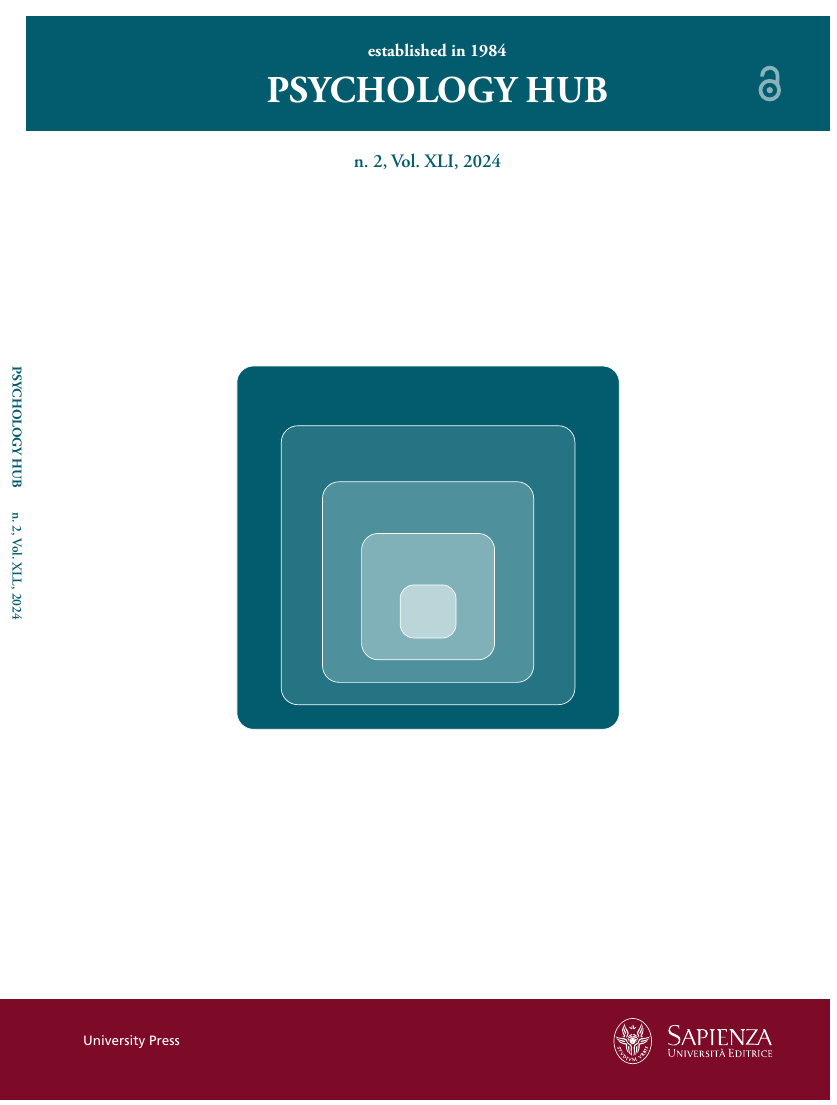Victimization: Child's characteristics, parenting practices, and peer relationships. A mixed methods study
DOI:
https://doi.org/10.13133/2724-2943/18261Keywords:
victimization, quantitative phase, qualitative phase, mixed methodology, child's characteristics, parenting practices, peer relationshipsAbstract
The present study aimed to investigate the role of children’s characteristics, parenting practices, and peer relationships in school victimization. The research employed a mixed methodology. The quantitative phase of the research included 374 children and their parents. The children completed the Revised Olweus Bullying and Victimization Questionnaire, the Behavioral Inhibition Instrument, the Parental Bonding Instrument, and the Social Acceptance Scale. The qualitative phase of the research included eight children, who were randomly selected from the quantitative phase. Data in this phase were collected through a focus group. The results of the quantitative phase showed that victimization is positively predicted by behavioral inhibition, while it is negatively predicted by maternal and paternal care, and peer relationships. The results of the qualitative phase were consistent with the results of the quantitative phase. In addition, new characteristics and concepts emerged from the qualitative data, such as the victim’s characteristics (low self-esteem, inability to support oneself and express one’s opinion, low success, victim diversity). Therefore, a complex and comprehensive profile of school victims was developed through the mixed methodology, which includes the child's behaviors and characteristics and parental and social factors. The research results are useful for designing prevention and intervention programs related to children and adolescents' psycho-emotional empowerment.
Additional Files
Published
How to Cite
Issue
Section
License
Copyright (c) 2024 Psychology Hub

This work is licensed under a Creative Commons Attribution-NonCommercial-ShareAlike 4.0 International License.





